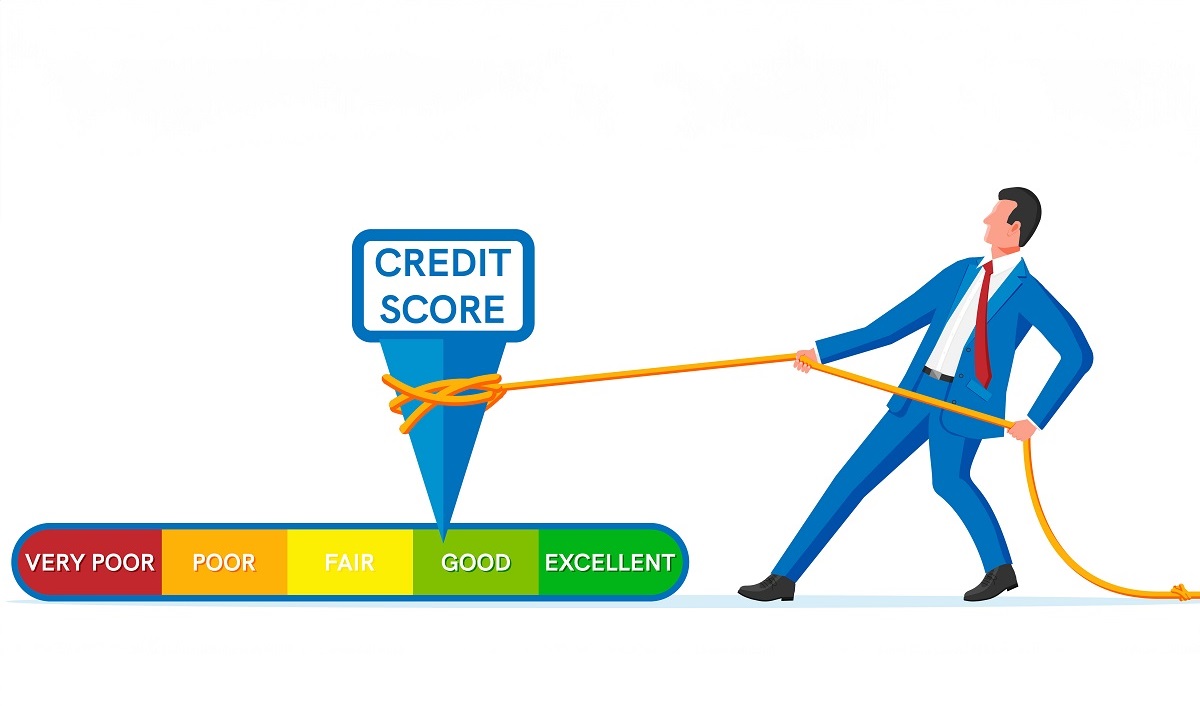Scaling a business from a startup to a successful, growing enterprise is no small feat. It takes more than just great ideas and hard work – it requires a solid foundation of business controls and systems to ensure that growth is sustainable, efficient, and profitable. As your business expands, it becomes increasingly important to implement the right controls that support both day-to-day operations and long-term strategy.
In this blog post, we’ll explore the key business controls that can help guide your startup on the path to success and ensure you’re prepared for the challenges and opportunities that growth brings.
1. Strong Financial Management
At the heart of every successful business is solid financial management. As your business grows, your financial landscape becomes more complex, and having the right controls in place ensures you stay on top of cash flow, expenses, and profitability.
Cash Flow Management: One of the biggest challenges for growing businesses is maintaining a healthy cash flow. Without proper oversight, you risk running into liquidity issues, which could derail your progress. Regularly track your inflows and outflows, maintain a buffer for unexpected expenses, and avoid overcommitting to large expenditures.
Budgeting and Forecasting: It’s crucial to set clear financial goals and budget accordingly. Use historical data, market trends, and projections to create realistic budgets that align with your growth objectives. Revisit your forecasts regularly and adjust as needed based on changing market conditions or new opportunities.
Financial Reporting and KPIs: As your business grows, tracking key performance indicators (KPIs) such as revenue, expenses, profit margins, and return on investment (ROI) becomes essential. Implement a system for regular financial reporting, and ensure that these reports are accurate and actionable.
2. Robust Internal Controls
As your team grows and more people become involved in your business, it’s essential to put internal controls in place to prevent fraud, errors, and inefficiencies. Internal controls are the policies, procedures, and practices that safeguard your business assets and ensure operations are run efficiently and in compliance with regulations.
Segregation of Duties: One of the key principles of internal control is separating responsibilities. This ensures that no one individual has control over all aspects of a financial transaction, reducing the risk of fraud and error.
Authorization Protocols: Implement clear authorization protocols for financial transactions, such as approvals for payments, purchases, and contracts. This ensures that spending aligns with your budget and business goals.
Regular Audits: Conduct periodic internal audits to evaluate the effectiveness of your controls and identify any potential vulnerabilities. External audits by a third party can also provide an objective assessment of your financial practices.
3. Scalable Operational Systems
To support business growth, it’s essential to implement operational systems that can scale with your company. Streamlining operations and automating routine tasks will not only improve efficiency but also reduce human error and free up valuable resources for strategic activities.
Automated Financial Software: Invest in accounting and financial management software that can handle the complexities of a growing business. Look for tools that offer scalability, allowing you to track multiple revenue streams, manage expenses, and generate financial reports with ease.
Inventory and Supply Chain Management: If your business involves physical products, an efficient inventory and supply chain management system is crucial. Systems that track inventory levels, order cycles, and supplier relationships will help prevent stockouts, optimize purchasing, and reduce waste.
CRM and Customer Service: As your customer base grows, it’s important to have a scalable customer relationship management (CRM) system that tracks interactions, manages customer data, and helps ensure your customer service remains top-notch as you expand.
4. Effective Risk Management
Growth comes with new risks. As your business scales, you face potential threats from competition, regulatory changes, cyber-attacks, or market volatility. A proactive approach to risk management is essential for sustaining long-term growth.
Insurance: Ensure your business is covered by the right insurance policies to protect against common risks such as property damage, employee injuries, and cyber threats. Consult with an insurance expert to identify the best coverage for your specific needs.
Compliance and Legal Risk: As your business grows, so does your exposure to regulatory and legal requirements. Whether it’s tax compliance, labor laws, or industry-specific regulations, it’s essential to stay informed and ensure your operations comply with the relevant laws in each market you serve.
Cybersecurity: As your digital footprint expands, so does your exposure to cyber threats. Implement strong cybersecurity measures, such as secure payment gateways, encryption, and employee training on phishing and data security best practices.
5. Talent Management and Organizational Controls
Your team is one of your most valuable assets, and as you scale, it’s important to implement controls that support talent management and organizational growth. This involves creating a solid structure for employee performance, hiring, and professional development.
Clear Reporting Structure: As your team grows, ensure there is a clear organizational structure with well-defined roles and responsibilities. This will help avoid confusion and ensure accountability as you delegate tasks and manage new team members.
Employee Performance Metrics: To ensure your employees are aligned with your business goals, implement performance metrics and regular reviews. This not only helps improve productivity but also motivates employees by recognizing their contributions to the company’s growth.
Training and Development: Growth also means developing the skills of your team. Invest in training programs that help employees grow professionally and stay up-to-date with industry trends, technology, and best practices.
6. Strategic Planning and Continuous Improvement
Lastly, having a clear, long-term strategic plan is critical for scaling your business effectively. Ensure you have a vision and actionable steps in place to guide your growth.
Long-term Strategy: Regularly revisit your business goals and strategies. Be open to pivoting as market conditions change and new opportunities arise. The key is to stay flexible and forward-thinking.
Continuous Improvement: Foster a culture of continuous improvement by regularly reviewing business processes, gathering customer feedback, and adapting to market demands. This helps maintain efficiency and keeps your business competitive.
Conclusion
Transitioning from a startup to a thriving business requires a combination of smart financial management, strong internal controls, scalable systems, and proactive risk management. By mastering these key areas, you can ensure that your business is not only positioned for growth but also able to sustain that growth as you move forward.
If you’re ready to scale your business and need expert guidance on implementing the right financial controls, we’re here to help. Contact us today to learn how our financial consulting services can support your growth journey and set your business up for long-term success.






0 Comments